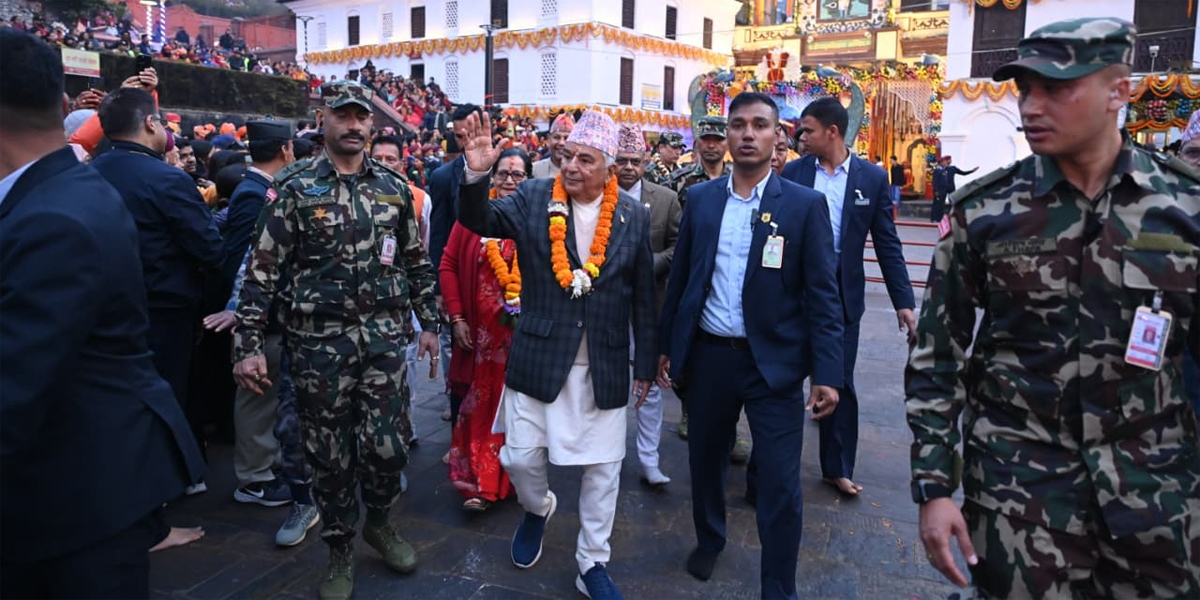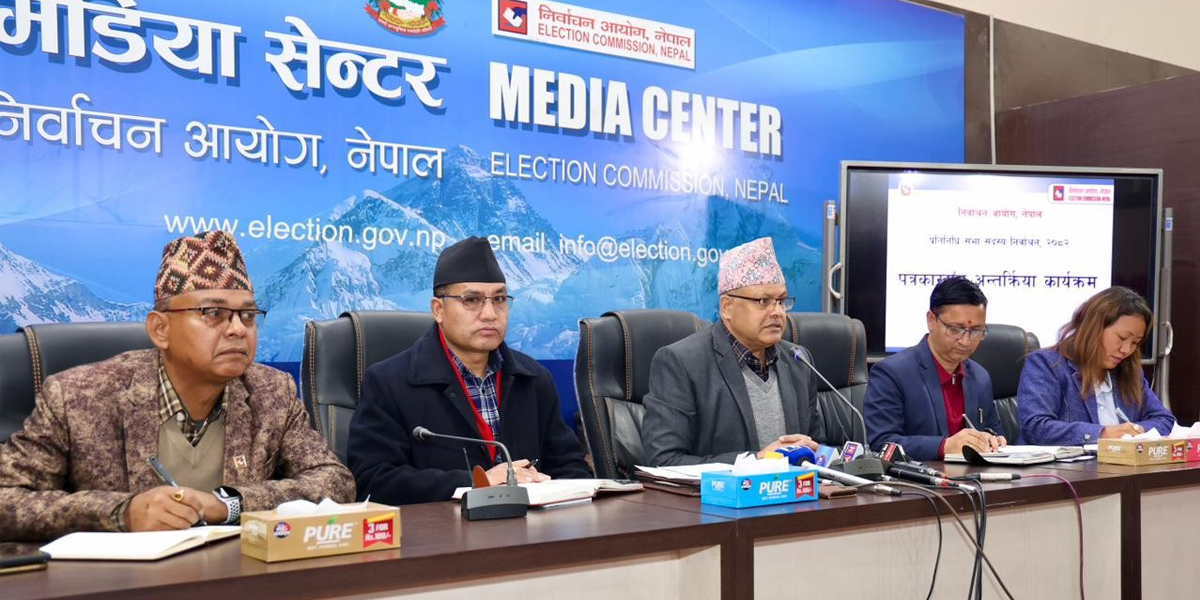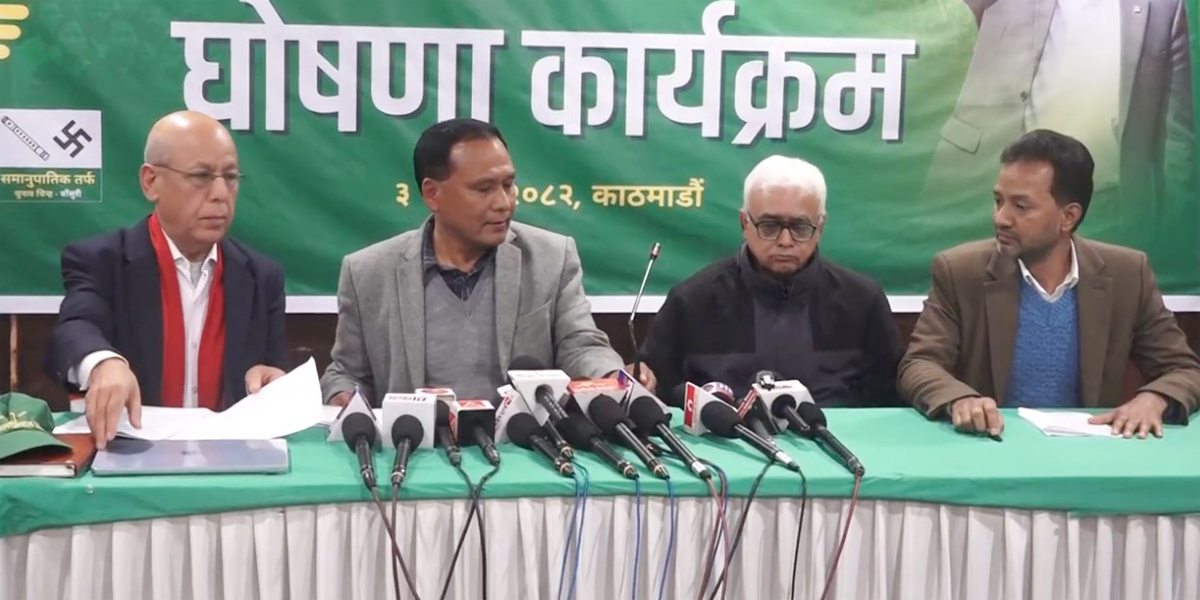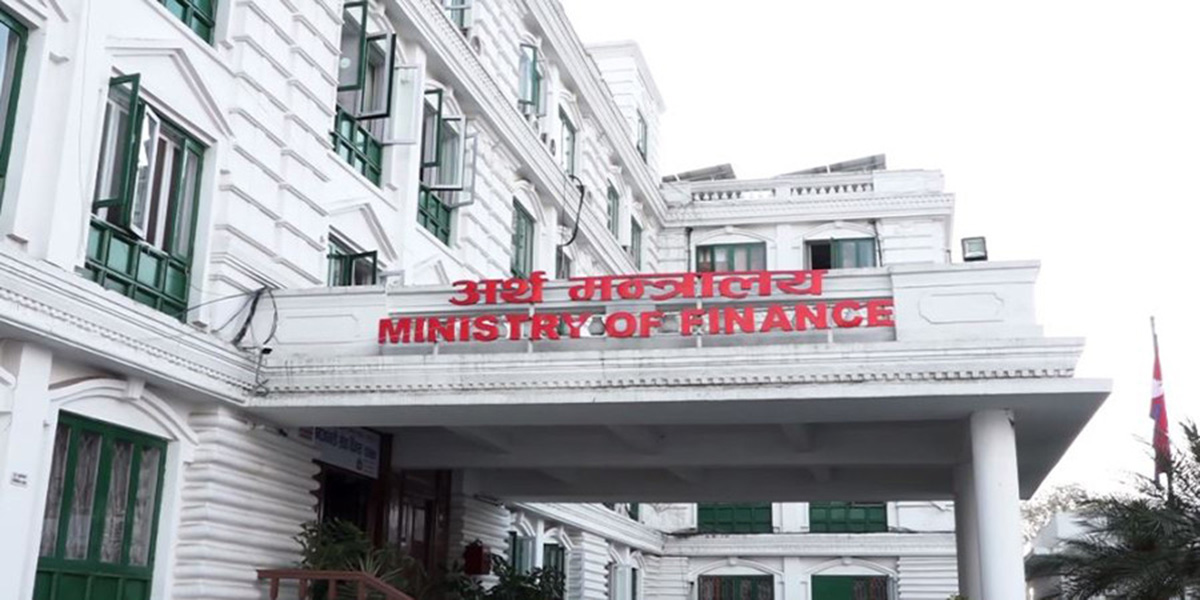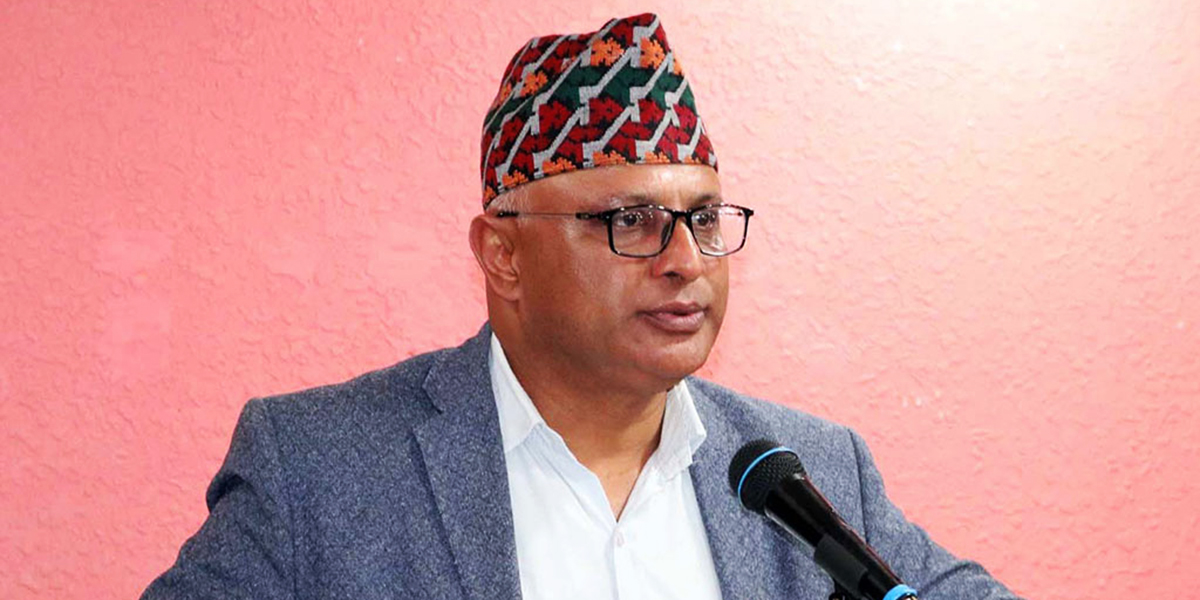 Hikmat Kumar Karki
Hikmat Kumar Karki
KATHMANDU: Hikmar Kumar Karki from CPN-UML is preparing to form a government in Koshi Province following the Supreme Court order on Thursday.
The Supreme Court has instructed the Province Chief to form a government led by the largest party in the provincial assembly, in accordance with Article 168 (3) of the Constitution of Nepal.
A day after the Supreme Court’s order came, Karki has expressed his intention to create a stable government in the province. However, his claims are not convincing. This is primarily because it will be difficult for Karki to secure a vote of confidence in the Koshi Province Assembly. His previous coalition government failed earlier as he was unable to pass the floor test in the province.
CPN-UML holds 40 seats in the 93-member provincial assembly. Karki can rely on the support of the Rastriya Prajatantra Party (RPP), which had previously refused to grant a vote of confidence to Uddhab Thapa of the Nepali Congress. The RPP has six seats in the provincial assembly. Nevertheless, even with RPP’s backing, Karki falls one seat short of the required majority of 47. If the Speaker is not elected by that time and Deputy Speaker Sirjana Danuwar, who is from CPN-UML, is to chair the session, Karki will fall short of two seats.
The ruling coalition of four parties – Nepali Congress (NC), CPN (Maoist Center), CPN (Unified Socialist), and Janata Samajbadi Party (JSP) – has 47 seats. Among these, NC has 29 seats, Maoist Center has 13, Unified Socialist has four, and JSP has one.
UML sources remain optimistic about gaining the support of Unified Socialist. However, given the acrimonious relationship between the two parties, it appears unlikely that UML will secure Unified Socialist’s backing.
Unified Socialist was established by former UML leaders who were dissatisfied with Chairman KP Sharma Oli’s leadership of the party. This makes collaboration between these two parties highly improbable.
Kamal Jabegu of Unified Socialist stated that the party cannot support Karki in forming a government unless it receives instructions from the central leadership. “We didn’t support UML in the past, and there is no reason why we should support it now,” Jabegu said. Jabegu also said that the UML has yet to engage in discussions with them on this matter.

 Himal Press
Himal Press 

